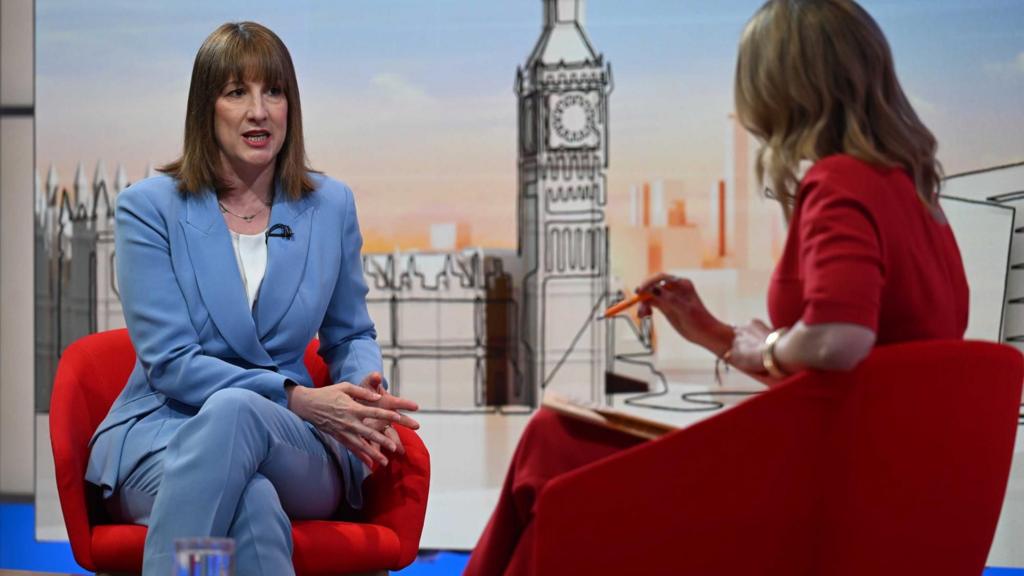Chancellor Rachel Reeves assures the public that the government will employ all available resources to mitigate the UK’s economic vulnerability to the escalating Iran-Israel conflict.
In an interview on the BBC’s Sunday with Laura Kuenssberg, she affirmed that no policy option would be excluded in addressing potential energy price increases.
Global oil prices surged following the recent military exchanges between Israel and Iran.
This price increase directly impacts petrol and diesel costs, potentially exacerbating broader inflationary pressures.
The 2022 Russian invasion of Ukraine saw oil prices peak near $130 per barrel, significantly impacting UK consumer prices across various sectors.
However, the current price of around $75 per barrel remains below January levels.
Reeves emphasized the Treasury’s proactive approach, stating, “There is no complacency from myself or the Treasury.”
The Conservative government previously implemented household energy bill support measures in response to the Ukraine crisis.
Reeves clarified that the current situation doesn’t necessitate similar immediate intervention: “We are not anywhere near that stage at the moment.”
Household energy bills typically react slowly to wholesale price changes; average bills, as determined by the price cap, are projected to decrease in July.
Continued conflict, particularly disruption to shipping through the Strait of Hormuz, could further elevate oil and gas prices.
Nevertheless, oil market analysts suggest current upward pressure is less intense than in previous years.
Reeves cited the Middle East situation as a key factor behind increased defence and energy security spending, as detailed in last week’s budget announcement.
“A lack of investment in our own domestic energy production has left us exposed,” she noted.
She highlighted investments in nuclear, offshore wind, onshore wind, and carbon capture technologies to enhance national energy self-sufficiency.
While many projects are long-term, some initiatives, such as home insulation improvements, could yield shorter-term impacts.
Lord John Browne, former BP CEO, also advocated for prioritizing energy security and the transition away from fossil fuels.
However, he cautioned that some government plans might be overly ambitious and require extended timelines.
Shadow Chancellor Sir Mel Stride emphasized the conflict’s significant implications for oil prices, equity markets, trade, inflation, interest rates, and the global economy.
He argued that a stronger UK economy is crucial to navigate these challenges, criticizing the government’s business tax increases.
He asserted that borrowing and spending decisions have exacerbated inflationary pressures.

